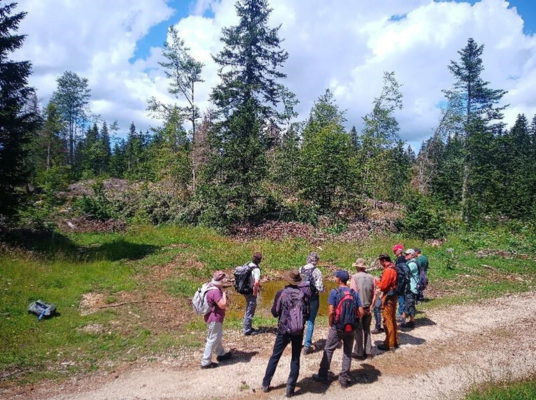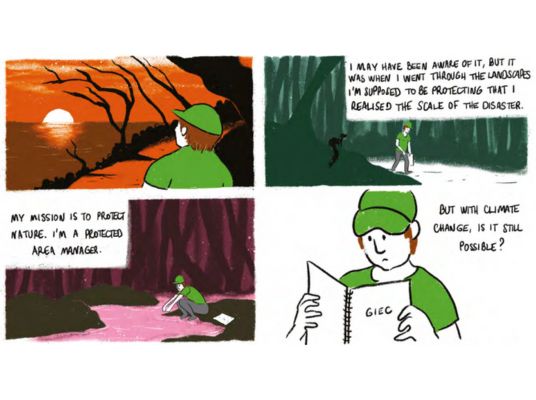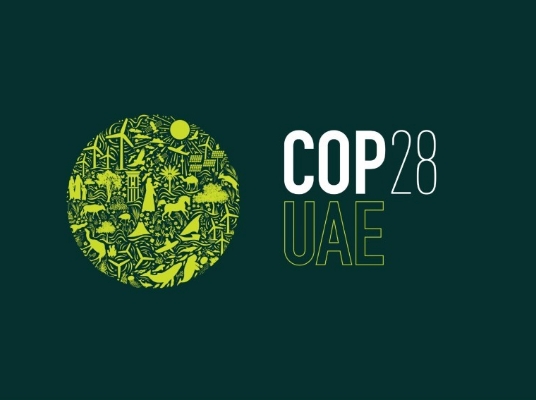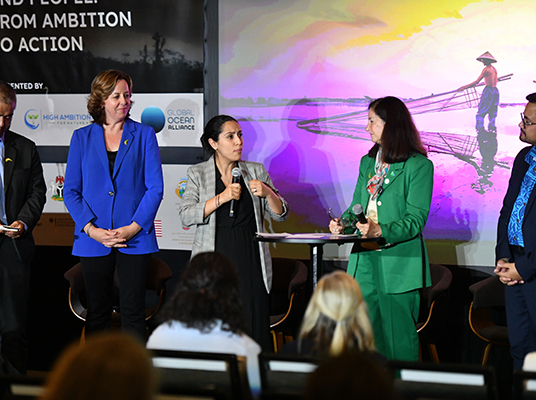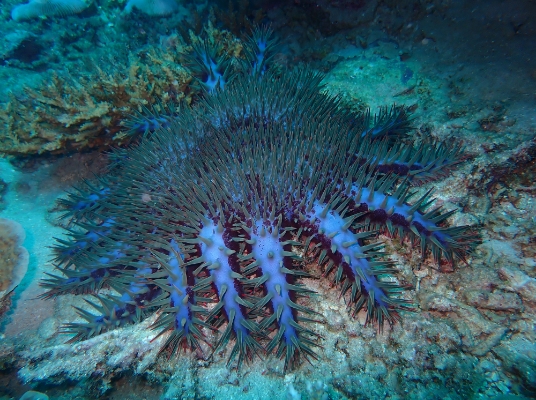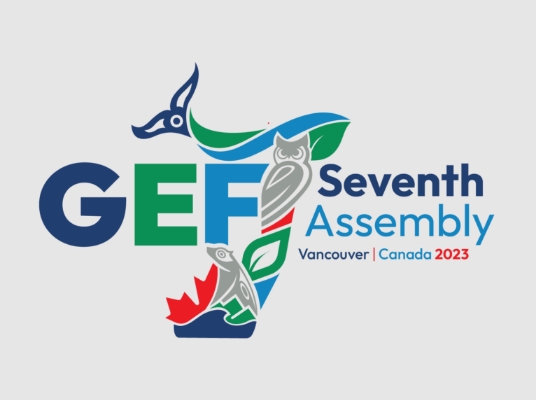- en
- fr

IPBES assessment report on Invasive Alien Species
Developed over 4 years, the IPBES published on the 4th of September 2023 its first comprehensive
global report on invasive alien species and their control, with evidence, critical analysis and options
for public and private actors to address the key issue of biological invasions.
An invasive alien species is a species introduced by man, intentionally or unintentionally, to a territory outside its natural range, and which threatens ecosystems, natural habitats or local species – many of them also have impacts on people.
Invasive alien species are one of the five direct factors of change affecting nature, along with changes in land and sea use, direct exploitation of species, climate change and pollution. The report, written by a college of 86 experts, indicates that nearly 37,000 invasive alien species have been introduced by man, with 200 new invasive alien species recorded every year, and with about 3500 of them having a negative impacts on nature and people.
According to the assessment, the global economic cost of invasive species exceeded 390 billion euros per year in 2019, and has at least quadrupled every decade since 1970 and is set to continue rising if no action is taken.
The composition of the report
The report is structured into six chapters:
- Introduction to biological invasions and the IPBES assessment: concepts, terminology and risks;
- Summary of past and future trends, and status of alien and invasive alien species;
- Direct and indirect drivers of biodiversity change affecting biological invasions at different stages: transport, introduction, establishment and spread of invasive alien species;
- Impacts of biological invasions on nature, nature’s contribution to people and quality of life;
- Management of biological invasions: approaches, effectiveness and constraints
- Future options for preventing and controlling biological invasions: governance and policy instruments.
Global framework and objectives
The IPBES’ report presents the main options for managing biological invasions, for example through integrated governance, prevention, surveillance, early detection and rapid response, targeted eradication and ecosystem restoration. The findings of the invasive alien species assessment are therefore expected to contribute to achieving international targets on biological invasions. It will directly contribute to support the implementation of the Sustainable Development Goals of the 2030
Agenda for Sustainable Development, especially Goal 15 which aims to « protect, restore and promote sustainable use of terrestrial ecosystems, sustainably manage forests, combat
desertification, and halt and reverse land degradation and halt biodiversity loss ». The assessment will be a supporting tool for reaching the Target 6 of the Kunming-Montreal Global Biodiversity Framework as well, where governments agreed to “eliminate, minimize, reduce and or mitigate the impacts of invasive alien species on biodiversity and ecosystem services by identifying and managing pathways of the introduction of alien species, preventing the introduction and establishment of priority invasive alien species, reducing the rates of introduction and establishment of other known or potential invasive alien species by at least 50 per cent by 2030, and eradicating or controlling invasive alien species, especially in priority sites, such as islands”.
The full version of this report, based on an analysis of over 13,000 documents, will be published by the end of the month. It is accompanied by a summary for policy-makers, already available on the IPBES website:

